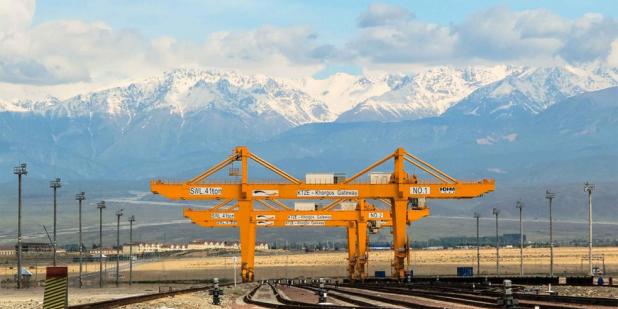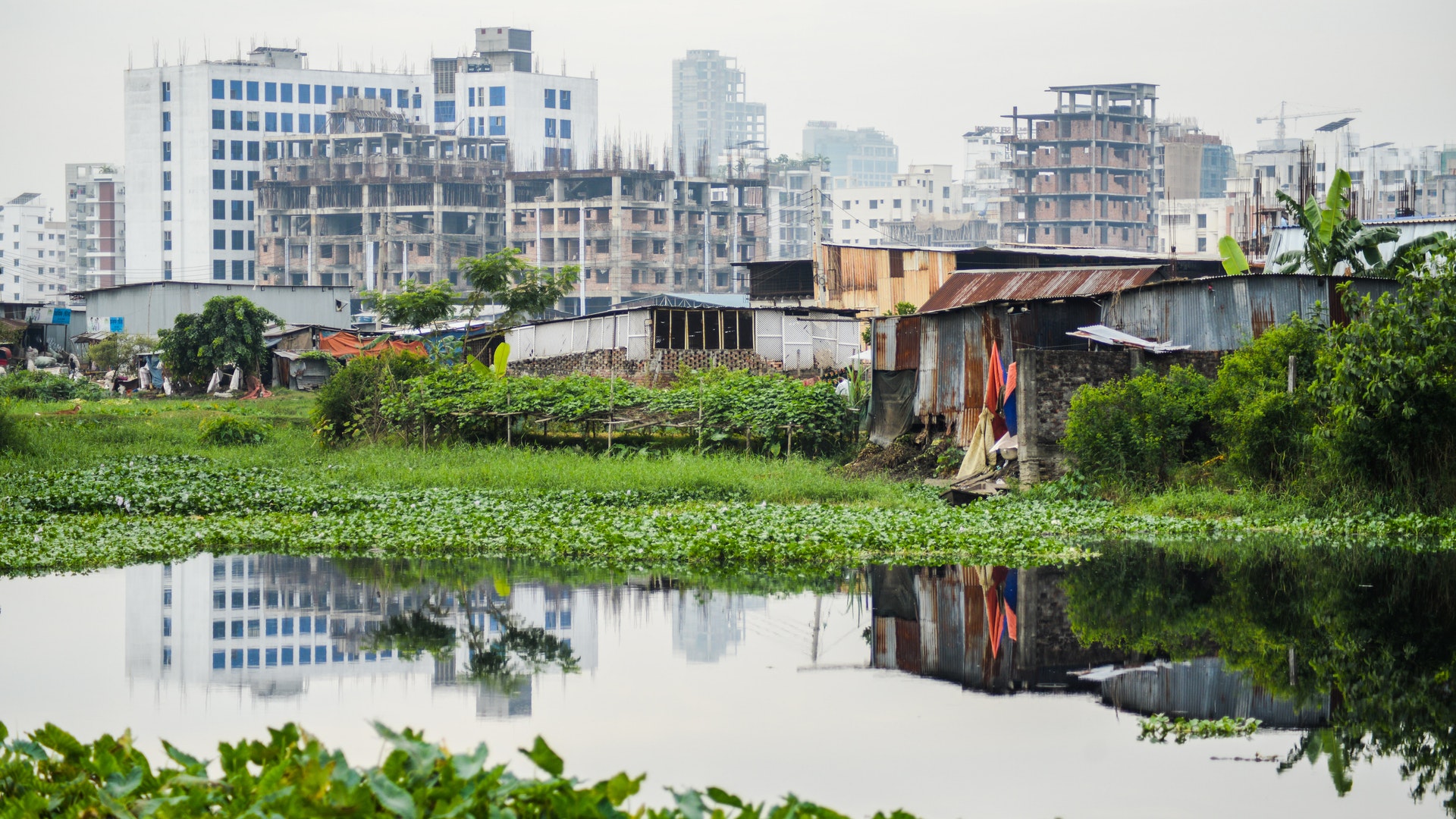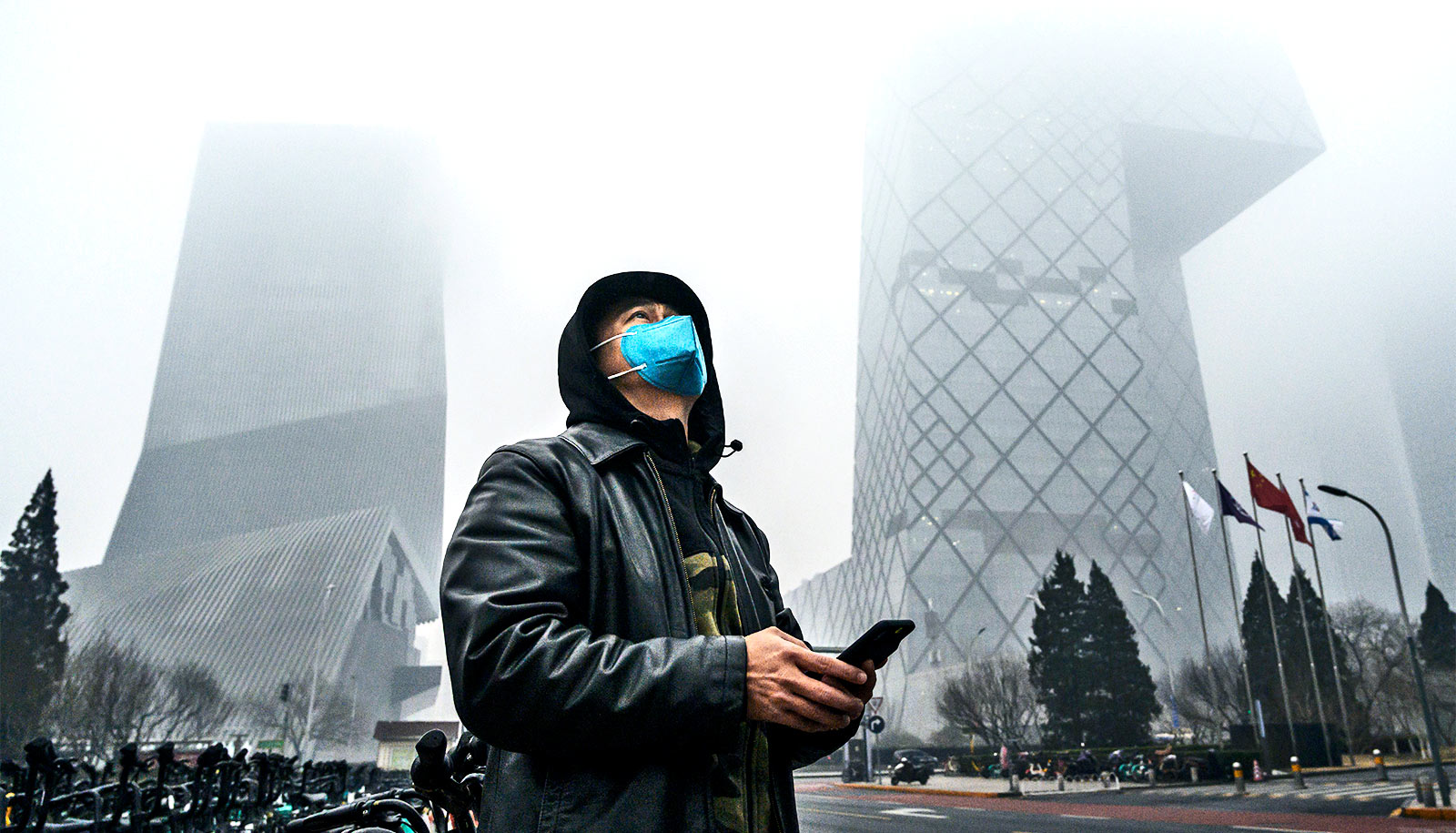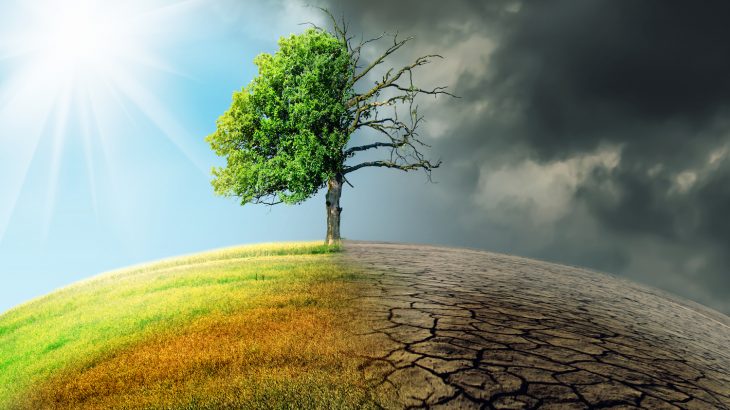Introduction South Asia, the Southern subregion of the Asian continent, is a triangular landmass with the Indian Ocean, Himalayas, and Afghanistan as its principal boundaries. India, Bangladesh, Nepal, Bhutan, Sri Lanka, Maldives, and Afghanistan make up the region. Geographically, it is blessed with many of the world’s great rivers, the tallest mountains, vast fertile plains,…Read More









